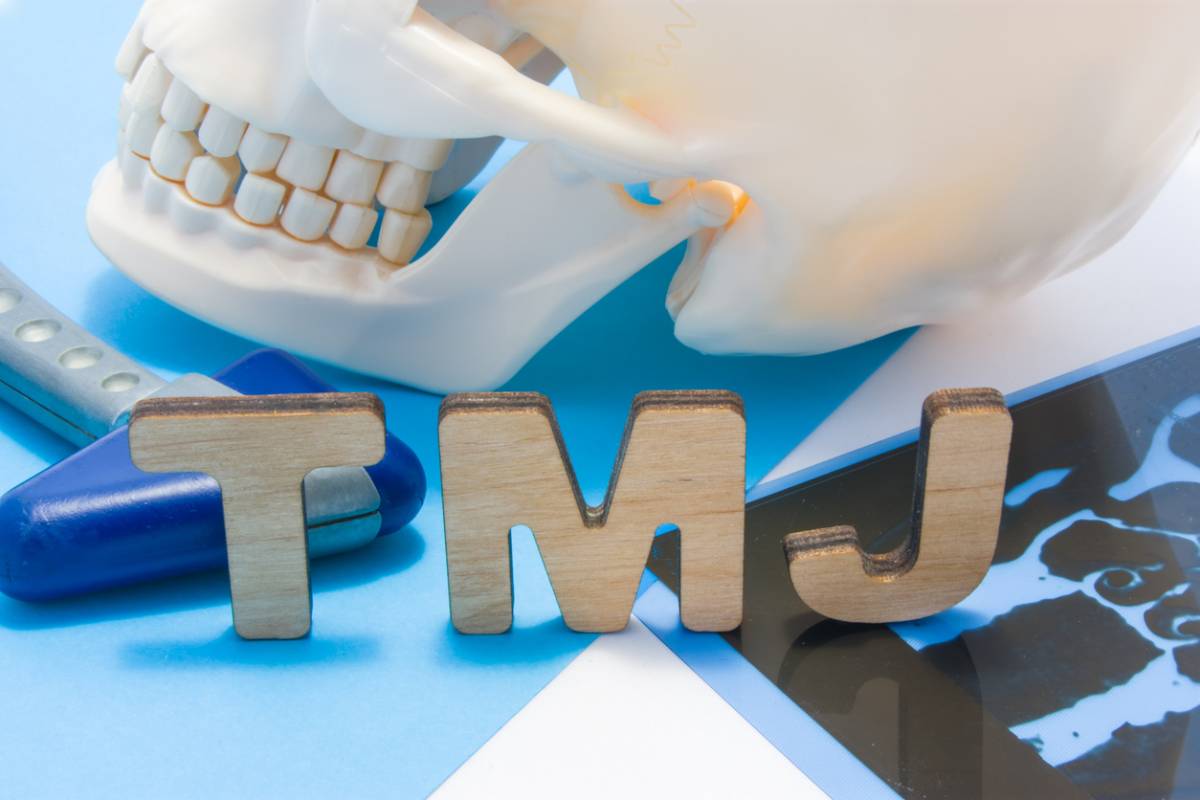TMJ disorder can cause a lot of discomfort and significantly decrease the quality of life, so it is important to seek professional help as soon as possible. But can TMJ disorders be permanently cured? In this article, we discuss TMJ treatments available in modern dentistry.
Can TMJ Disorders Be Permanently Cured?
In some cases, TMJ disorder can be permanently cured, provided that your doctor chooses the appropriate and comprehensive treatment. Also, the success of the treatment depends on the severity of the case and how soon you started your treatment. That is why it is crucial to get professional help as soon as you notice any of the symptoms of TMJ disorder:
- Pain or chronic tension in the chewing muscles of the jaw or other areas of the face
- Clicking or popping sounds when you move your jaw
- Difficulty moving your jaw and inability to open your mouth as wide as you used to
- Difficulty or pain when chewing food
- Frequent headaches, especially if the pain is concentrated behind the eyes
- Aching pain in the area of your ears (can be mistaken for an ear infection when it is concentrated in the ears, but also can be located around the ears)
- Ringing in the ears or a feeling of pressure or congestion in the ears
- Chronic tension in the neck and shoulders
- Changes in the bite (the way your upper and lower jaw fit together)
- Damage or wear to the teeth
- Frequent dizziness (the inflammation in the TMJ can affect the vestibular system)
Treatment Methods for TMJ Disorder
Treatment methods for TMJ disorder can be divided into two groups: non-surgical and surgical. The choice primarily depends on the severity of the case. Also, some general health and financial considerations are taken into account when choosing a treatment plan for TMJ disorder. However, in most cases, a comprehensive approach that combines several treatment methods and personal care practices will provide the best results.
Non-surgical Methods of TMJ Disorder Treatment
- Oral medications or injections can be used to reduce inflammation and pain in the joint and the surrounding tissue. Also, muscle relaxants and neurotoxin injections can help relieve the tension in the muscles around the joint.
- Physical therapy, such as special exercises, joint mobilization techniques, and transcutaneous electrical nerve stimulation, can improve the mobility of the joint and relieve stiffness, tension, and pain.
- Orthodontic treatments can be effective when the TMJ disorder stems from an incorrect bite and misaligned teeth.
- Wearing a mouthguard at night is recommended when TMJ disorder results from bruxism, involuntary, chronic teeth clenching and grinding.
Surgical Methods of TMJ Disorder Treatment
As a general rule, surgery is a last resort when it comes to TMJ disorder treatment. It is typically used when the condition does not respond to other, more conservative methods of treatment or when the case is severe and causes significant damage to the joint.
Surgical methods of TMJ disorder treatment include reshaping and repairing the joint, injecting fluid into the joint to flush out debris, or joint replacement.
Self-care for TMJ Disorder
In most cases, self-care methods can not replace professional treatment of TMJ disorder. However, changing certain habits and implementing good self-care routines can be a crucial addition to professional methods. Try the following practices to improve the TMJ disorder condition:
- Adjusting your diet by choosing softer foods and avoiding hard foods that require a lot of chewing or biting with force helps reduce strain on the jaw and thus lets the muscles relax.
- Another way to relax the muscles is to let your jaw rest as much as possible by avoiding chewing gum, yawning, etc. Also, it is essential to pay attention if you involuntarily clench your jaw during the day and relax as soon as you notice that you do so.
- Other habits you should avoid if you have TMJ disorder include nail biting, chewing on objects (pens or pencils), resting your chin on your hand, etc.
- Adjusting your sleeping position can also provide significant improvement: you should avoid sleeping on your side and, especially, on your stomach. The best sleeping position for people with TMJ disorder is on their back. You can buy a special pillow that will prevent you from rolling onto your side or stomach during the night.
- Improving posture can also relieve pain and muscle tension. We recommend doing daily exercises and paying attention to your posture during the day.
- Often, stress and anxiety management (counseling, yoga, meditation, journaling, etc.) can help combat bruxism and muscle tension.
Treat TMJ disorder at Turquoise Dental
Make an appointment with an experienced dentist at Turquoise Dental today to start treatment for your TMJ disorder. In our dental office, we use a comprehensive approach to treatment to provide long-lasting results to our patients.




